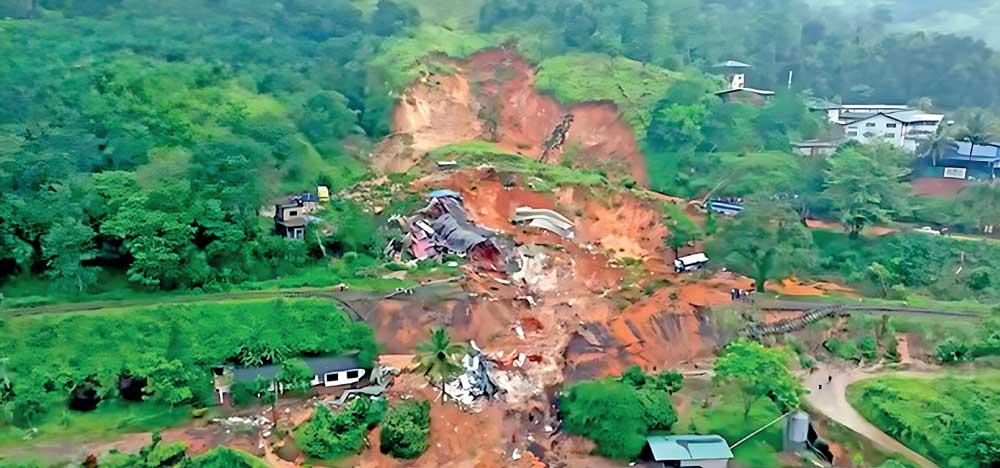Israel launches ‘precise strikes’ on Iran military sites weeks after missile attack
Army says airstrikes a response ‘to months of continuous attacks’; White House supports Israeli ‘self-defense’; report says nuclear facilities and oil fields not being targeted
By Emanuel Fabian, Follow ToI Staff and Agencies Today 26-10-2024, 5:09 am Updated at 5:34 am
Israel announced early Saturday that it had launched retaliatory airstrikes against Iran weeks after the Islamic Republic’s massive ballistic missile barrage, with the military saying the “precise strikes” targeted Iranian military sites.
After reports of explosions near Tehran began to emerge around 2:15 a.m. local time, the Israel Defense Forces released a statement confirming that it was attacking Iran in response to “months of continuous attacks from the regime in Iran against the State of Israel.”
A second wave of strikes was reported several hours later, with AFP reporters saying continuous explosions and light trails were visible across the sky in central Tehran following the fresh blasts.
“The regime in Iran and its proxies in the region have been relentlessly attacking Israel since October 7th – on seven fronts – including direct attacks from Iranian soil,” the IDF said. “Like every other sovereign country in the world, the State of Israel has the right and the duty to respond.”
The IDF added that its “defensive and offensive capabilities are fully mobilized,” and that it “will do whatever necessary to defend the State of Israel and the people of Israel.”
IDF Spokesman Rear Adm. Daniel Hagari said there were no current changes to instructions for civilians, as the strikes were being carried out in Iran.
There was no immediate comment from Israeli political leaders, though Prime Minister Benjamin Netanyahu’s office released a picture of him huddled with Defense Minister Yoav Gallant and top IDF generals in the bunker below the Kirya military base in Tel Aviv as the strikes were carried out. It later said he held a security assessment with Gallant and the heads of the IDF, Mossad and Shin Bet.
The IDF said Chief of Staff Lt. Gen. Herzi Halevi was also below the Kirya to command the strikes from the Israeli Air Force’s command center, with the chief of the IAF, Maj. Gen. Tomer Bar.
The extent of the damage from the strikes was not immediately clear. Iranian state television claimed the blasts heard around Tehran were due to the “activation of the air defense system” against an Israeli attack.
“The loud blasts heard around Tehran were related to the activation of the air defense system against the actions of Zionist regime which attacked three locations outside of Tehran city,” state TV reported, citing officials of the Tehran province air defense.
An Israeli source told the Ynet news that the Iranian claim was “a lie. It was a total failure, [there were] zero interceptions.”
According to an Israeli official quoted by NBC, Israel was not targeting Iranian nuclear facilities or oil fields and was focusing on military targets.
“We’re targeting things that might have threatened us in the past or could do in the future,” the official said.
The Biden Administration has been urging Israel not to strike such targets, while backing Israel’s right to respond to Iran’s October 1 ballistic missile attack.
An American official told Reuters that Israel notified the US ahead of the strikes, stressing the United States was not involved in the operation.
“We understand that Israel is conducting targeted strikes against military targets in Iran as an exercise of self-defense and in response to Iran’s ballistic missile attack against Israel on October 1st,” said White House National Security Council spokesperson Sean Savett.
Iran’s semi-official Fars news agency reported that several military bases in the Tehran area were targeted in Israeli strikes. It specified that several bases in the western and southern areas of the capital were attacked.
Iranian media also said there were no fires or explosions reported at a key refinery south of the capital. “There are no reports of fire or explosions at a Tehran refinery,” Tasnim news agency reported.
Iranian state TV said operations at Tehran’s airports, including Imam Khomeini International airport, were continuing as usual.

Sources quoted by the Tasnim news agency threatened that Iran was prepared to respond to any Israeli “aggression.”
“There is no doubt that Israel will face a proportional reaction for any action it takes,” Tasnim quoted the sources as saying.
The Washington Post reported the Israeli strikes were expected to last several more hours, with a person briefed on Israel’s military plans telling the newspaper that among the military sites being targeted were air defenses and missile production plants.
The attack is expected to be a one-night affair, ABC News reported. ABC also cited a source who said there were no Israeli casualties or damage to warplanes reported thus far.
Iran had braced for an Israeli reprisal after its latest direct attack on Israel, in which it fired 200 ballistic missiles that sent most of Israel to bomb shelters on October 1, killed a Palestinian man in the West Bank, and caused damage in residential areas and at military bases — although the IDF said that the attack had no operational impact.
Iran said that the attack came in response to strikes in Lebanon that killed Hezbollah leader Hassan Nasrallah and much of the terror group’s senior leadership last month, as well as the killing of Hamas politburo leader Ismail Haniyeh in Tehran in July, which has been widely blamed on Israel despite its silence on the matter⍐.







No comments:
Post a Comment